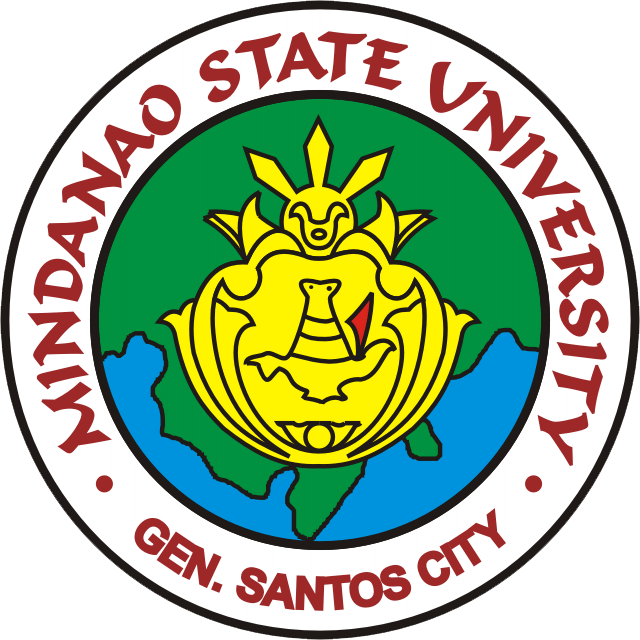The study was conducted in Barangay Upper Labay, General Santos City. It is situated at approximately 6.2601 Degrees North, 125.2193 Degrees East, on the island of Mindanao. Elevation coordinates average 243.6 meters above sea level. Data shows that a good area gives the barangay a clay-soil type, while the rest have either sand loam or sandy clay loam. These soil characteristics dominated the factors affecting the instantaneous infiltration rate. Among the different methods of determining or measuring infiltration, the double-ring infiltrometer that was used because of its convenience. Before installation of the nitrometer, random points in a specific area were selected and examined. Readings were taken at different intervals. In Stage 1, an interval of 1 minute is five times, in Stage 2 5 minutes is three times, in Stage 3 10 minutes is also three times, in Stage 4 15 minutes is two times, in Stage 5 30 minutes is two times and 60 minutes and 100 minutes if necessary. The results were recorded from twenty-one (21) parcel points in Barangay Upper Labay, giving the highest and lowest values for the five stages of instantaneous and cumulative infiltration rates. Parcel point 7 has the highest average rate for instantaneous infiltration with 1029 mm/hr and Parcel point 21 has the lowest rate of 33.8 mm/hr. On the other hand, Parcel Pont 7 has the highest cumulative infiltration value of 2212.853 mm; and Parcel 16 has the lowest value at 8.135 mm infiltration.
Author
ANTON MUSANDIG MACALUMBA
Abstract
SY
2019
Program
Bachelor of Science in Agricultural Engineering
Department, College
Agricultural and Biosystems Engineering, Engineering
Department
Department: Agricultural and Biosystems Engineering
College
College: Agriculture
